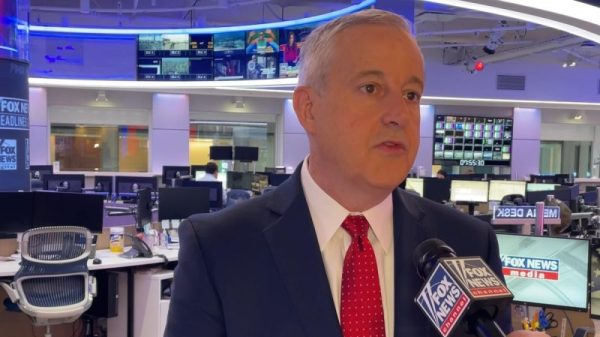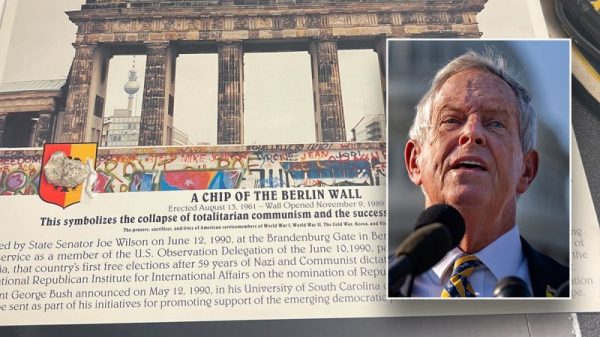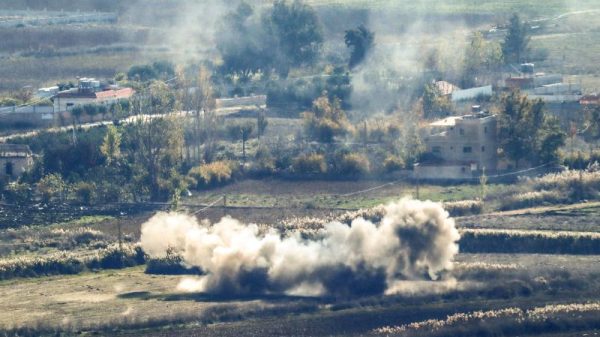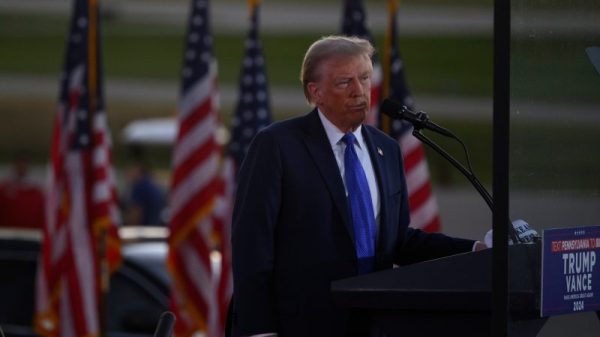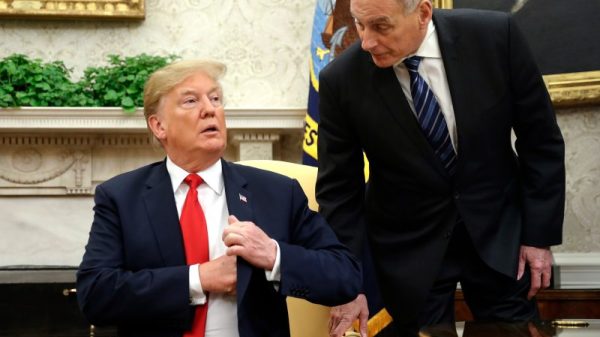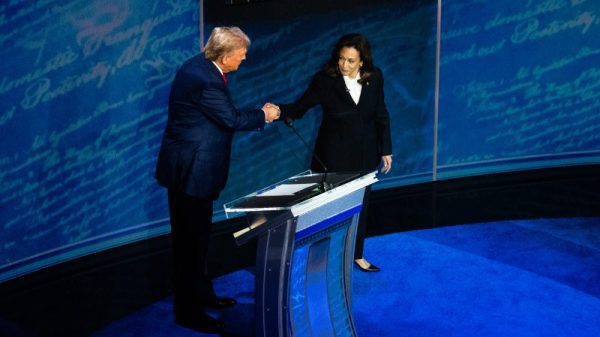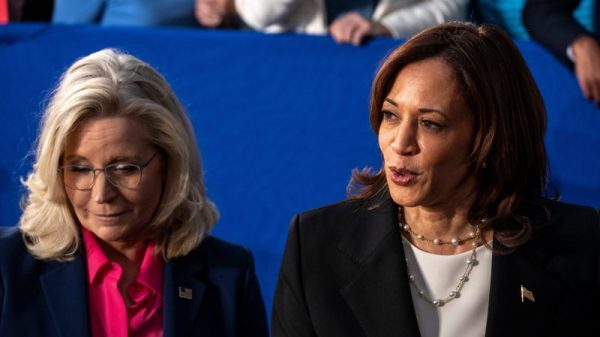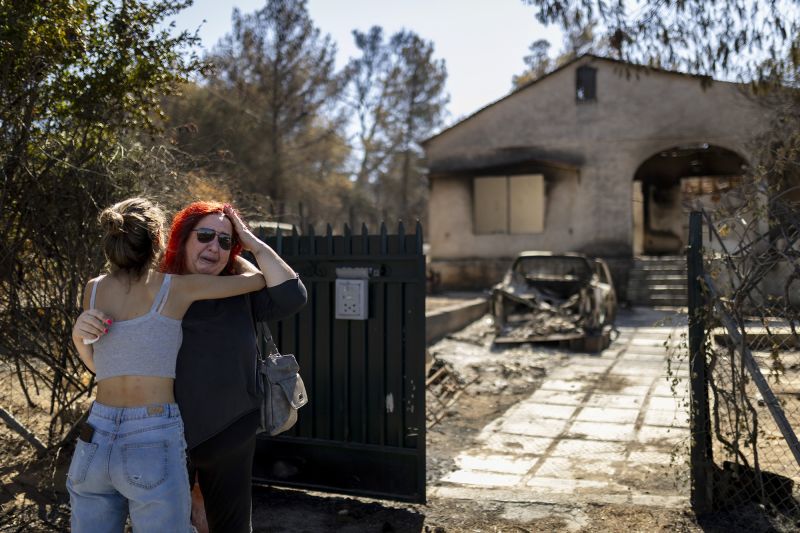 1. Hamas’s control of Gaza: Hamas, a Palestinian group considered a terrorist organization by many countries, including the United States and the European Union, controls the Gaza Strip. They have fundamental ideological differences with Israel, which remains a major barrier to reaching any long-term ceasefire agreement.
1. Hamas’s control of Gaza: Hamas, a Palestinian group considered a terrorist organization by many countries, including the United States and the European Union, controls the Gaza Strip. They have fundamental ideological differences with Israel, which remains a major barrier to reaching any long-term ceasefire agreement.
2. Israeli Security Concerns: Israel maintains that any agreement must include measures to halt Hamas’s military capabilities, especially its ability to fire rockets into Israeli territory. Unless Hamas agrees to disarm or to significantly limit its military capabilities, Israel may not agree to a ceasefire deal.
3. Palestinian Demands: Palestinians demand an end to the Israeli blockade that severely limits the movement of people and goods into and out of the Gaza Strip. Unless Israel agrees to loosen or end its blockade, Hamas and other Palestinian factions may not agree to a ceasefire deal.
4. The role of other parties: Egypt plays a key role in the mediation process, but the involvement of other international actors, like the United Nations and the United States, is also important. Maintaining neutrality in such a politically charged situation is always a challenge.
5. Internal Palestinian politics: The rivalry between Hamas and the Fatah party of the Palestinian Authority in the West Bank could undermine a peace process. Disunity among Palestinians could also come into play.
6. Return of Israeli soldiers: Israel demands the return of the bodies of two Israeli soldiers and the release of two Israeli civilians held by Hamas. This is a sensitive issue that could potentially derail talks.
7.





